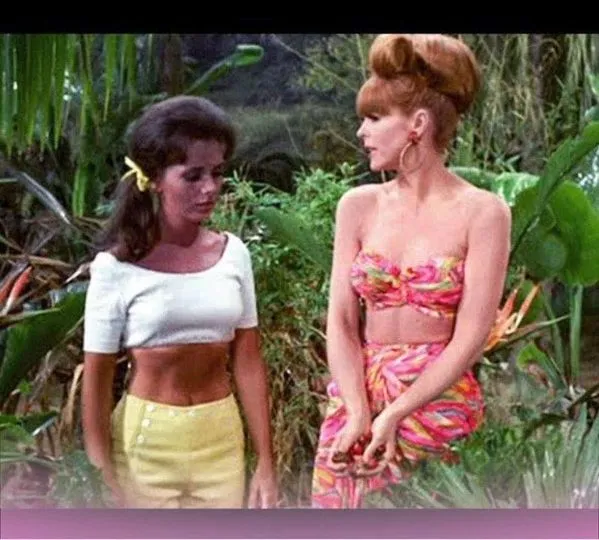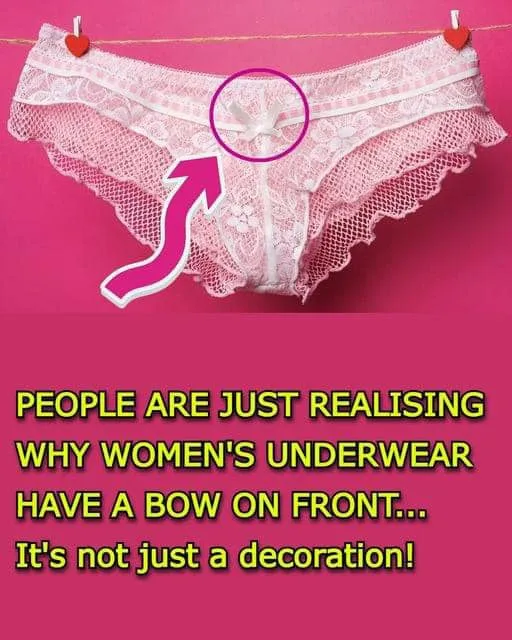Netflix fans are ‘hooked’ on a new drama and say it’s the ‘best series’ they’ve seen all year.
The streaming platform is renowned for keeping its content fresh and captivating viewers.
One of its latest TV shows has particularly intrigued people, with one fan saying: “Even just 10 seconds in I loved this series.”
Another adds: “This Netflix crime drama is a must-see. Perfection!”
“The best series I’ve watched this year,” says a third.
Somebody else enthuses: “I’m hooked!”

Critics have also expressed their enthusiasm for the show, with Alistair McKay penning for the Evening Standard: “It feels, at times, like early Tarantino, with dodgy coppers and incompetent criminals.”
“It is a clever little piece of programming,” said The Times‘ Camilla Long.
Brian Donaldson wrote for The List: “The show’s secret is unveiled at the end of a fine opening episode in which three seemingly disparate stories merge and flow forward in one direction.”
The Sky series has also received a Rotten Tomatoes score of 75% and 7.5/10 on IMDb.

The drama is based on a 2017 Norwegian show called Valkyrien, which combined medical and crime drama, in addition to flattering comparisons to AMC’s Breaking Bad.
Created by Mark O’Rowe, known for the film Boy A, this crime drama stars Mark Strong as a surgeon, alongside Daniel Mays and Carice van Houten.
It follows a surgeon who sets up an illegal clinic in an attempt to save his dying wife, Beth, who has developed a fatal degenerative disease.
But to do this, he funds his underground clinic by treating criminals and other desperate patients who are unable to seek treatment from regular hospitals and doctors.

There are currently two seasons of Temple available to enjoy. It hasn’t been renewed for a third season yet, however, the last episode was purposely left open-ended.
In an interview with Collider, Strong said the cliffhanger was intentional as ‘we want people to want to know what happens in season three.’
The actor shared: “We’ve written a couple of episodes and have a treatment ready for the third season, should we be lucky enough to get to make it, so we were very conscious that we wanted to have a big cliffhanger, which we do.
“What we choose to do leaves the opportunity for where we go next completely open. It shows you that Daniel hasn’t learned anything because, once again, he’s lying to people again and leaving people with emotional trauma to save his own skin.”
Watch the trailer for Temple here…
Both seasons of Temple are available to watch on Netflix.
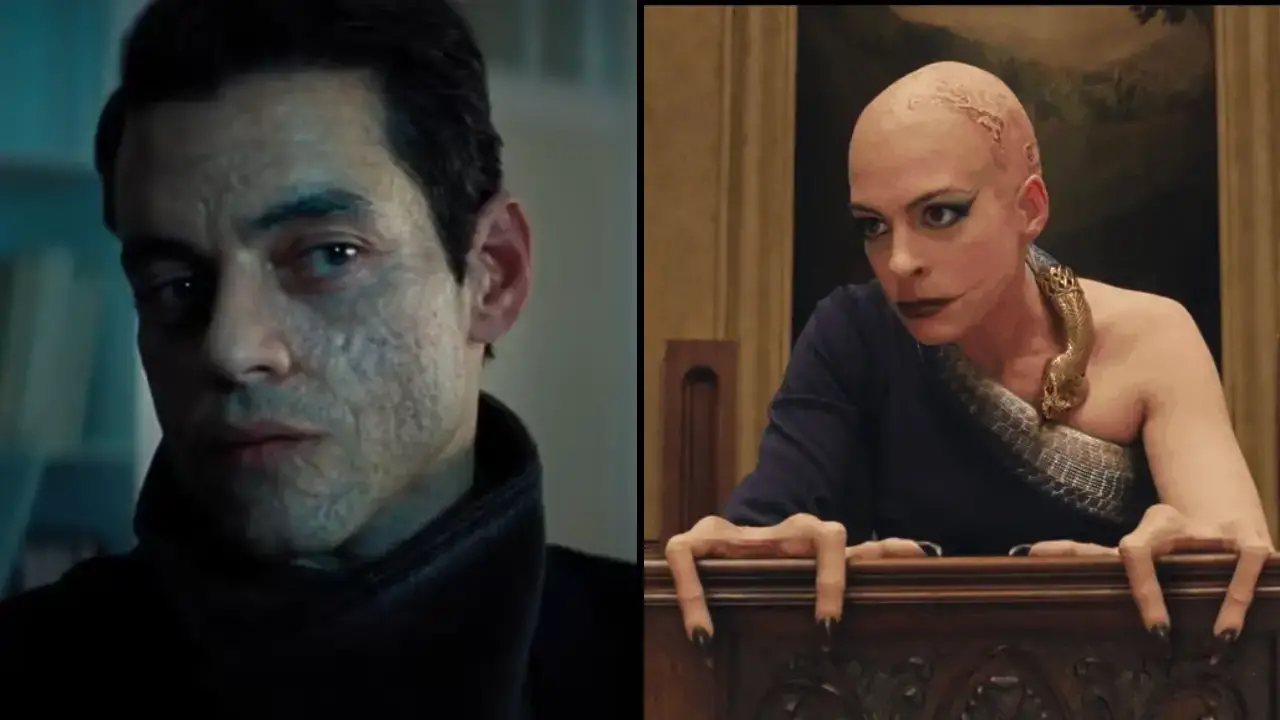
Film & TV
Campaigner Calls For Movie Villains To Stop Having Disfigurements
A campaigner has called for movie villains to stop having disfigurements.
Disability advocates are urging the film industry to abandon the pervasive and outdated practice of associating facial disfigurements with villainy, a trope prominently featured in the James Bond franchise.
The issue gained renewed attention with the release of No Time To Die, Daniel Craig’s final film as 007, which features two villains, Safin (Rami Malek) and Blofeld (Christoph Waltz), who both have visible facial scars.
This recurring portrayal has been criticized as a ‘lazy stereotype’ by campaigners, including author Jen Campbell, who tweeted: “Every time a new James Bond film is made, the producers are asked to reconsider their representation of disfigurement. Every time, they say they don’t care.”
Campbell emphasized the harm of such depictions, highlighting the franchise’s history of using scars and other visible differences to symbolize evil, such as Javier Bardem’s disfigured jaw in Skyfall and Mads Mikkelsen’s damaged eye in Casino Royale.
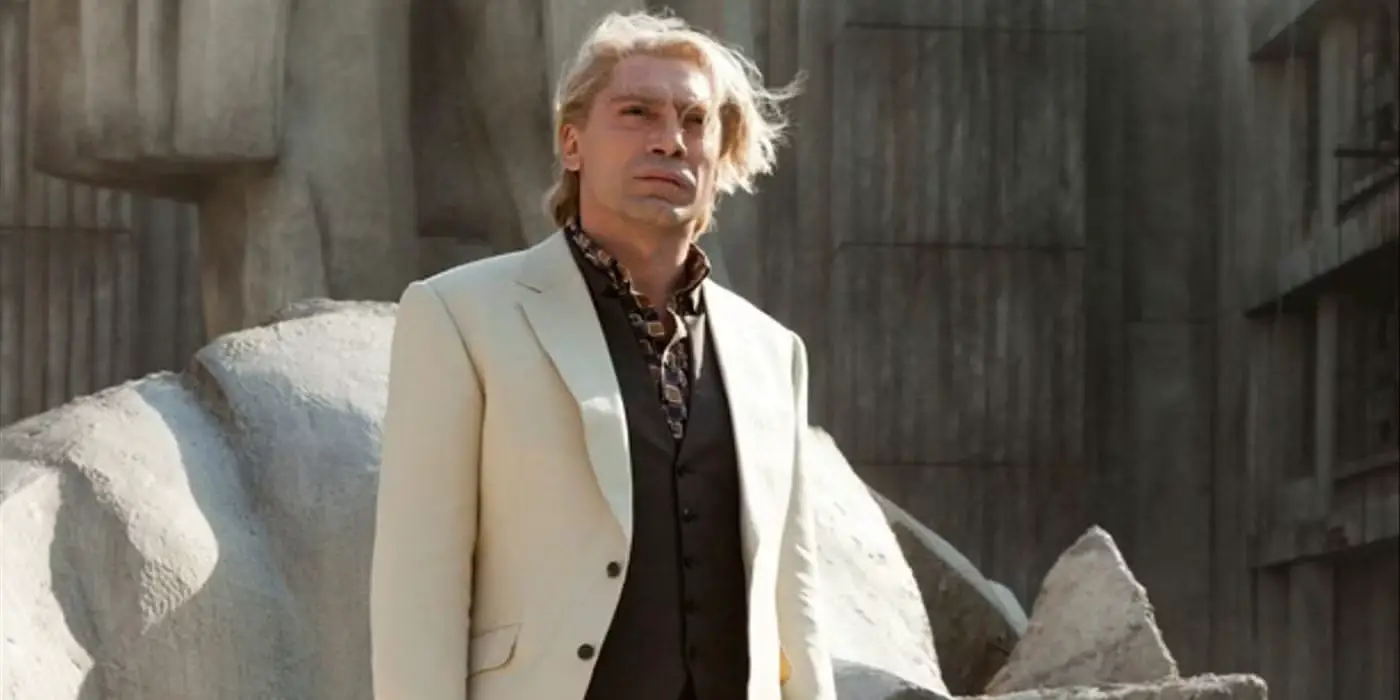
Presenter Adam Pearson, who lives with neurofibromatosis, added to the criticism, explaining that such portrayals perpetuate harmful stereotypes.
“When the only character with a scar or disfigurement is shown on screen as the villain, it’s perpetuating the use of an old-fashioned and outdated trope,” Pearson told ITV News.
He called for more inclusive storytelling, asserting that this is not about ‘banning baddies from having scars’ but about diversifying how characters with visible differences are represented in film.
The issue extends beyond James Bond.
From Darth Vader in Star Wars to Scar in The Lion King, Hollywood has long equated physical disfigurement with villainy. This shorthand has significant societal repercussions.
The 2020 adaptation of The Witches, starring Anne Hathaway as the Grand High Witch, sparked controversy over its portrayal of limb differences.
Hathaway’s character is depicted with hands that resemble ectrodactyly, a condition sometimes referred to as “split hand,” which involves missing or fused fingers.
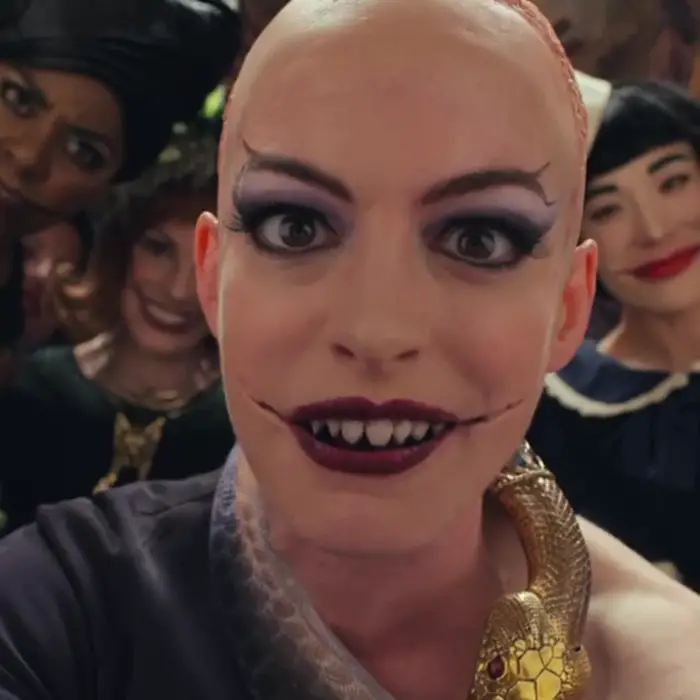
Critics argued that the film perpetuated harmful stereotypes by associating physical differences with villainy, a trope that stigmatizes real-life individuals with similar conditions.
Advocacy groups, including those representing people with disabilities, expressed outrage, prompting Hathaway and Warner Bros. to issue apologies.
This is seen in research conducted by Changing Faces, a UK-based charity advocating for equal representation of individuals with visible differences.
Their study revealed that while nearly 40% of respondents with visible differences had seen people like themselves portrayed as villains, only 20% had seen them as heroes, and a mere 15% as romantic leads.
Changing Faces launched the I Am Not Your Villain campaign to challenge these harmful stereotypes.
The campaign has garnered support from organizations like the British Film Institute (BFI), which in 2018 pledged to stop funding films that use scars or facial differences as a marker of evil.
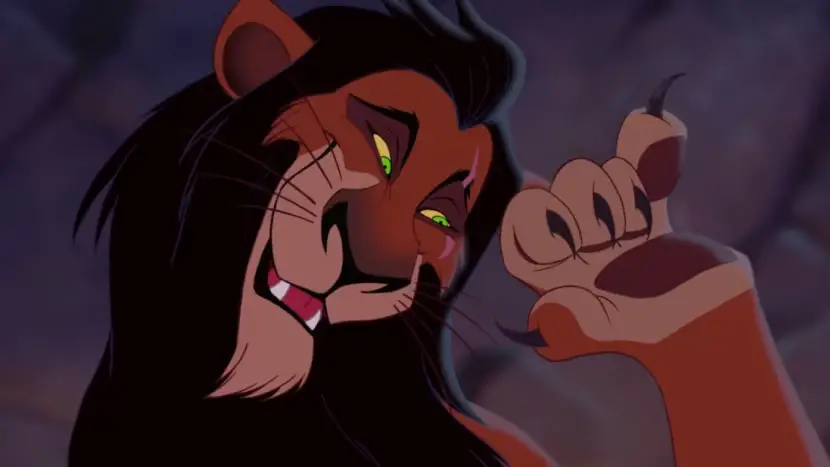
Ben Roberts, Film Fund Director at the BFI, stated, “It’s astonishing to think that films have used visible difference as a shorthand for villainy so often and for so long. The time has come for this to stop.”
The impacts of these stereotypes extend into real life.
People with visible differences frequently report lower confidence, struggles with body image, and adverse effects on mental health.
Recognizing the broader implications, Changing Faces emphasizes the importance of seeing diverse and positive representations in film and television.
Their campaign highlights productions that celebrate such inclusivity, like the BBC adaptation of Malory Towers featuring young actor Beth, and the film Dirty God, starring burns survivor Vicky Knight.
The call for change is clear.
Advocates, including actors, writers, and charities, are urging filmmakers to move beyond outdated tropes and create a more inclusive cinematic landscape.
By featuring characters with visible differences as heroes, love interests, and complex figures, rather than one-dimensional villains, the industry has an opportunity to foster greater understanding and representation.


